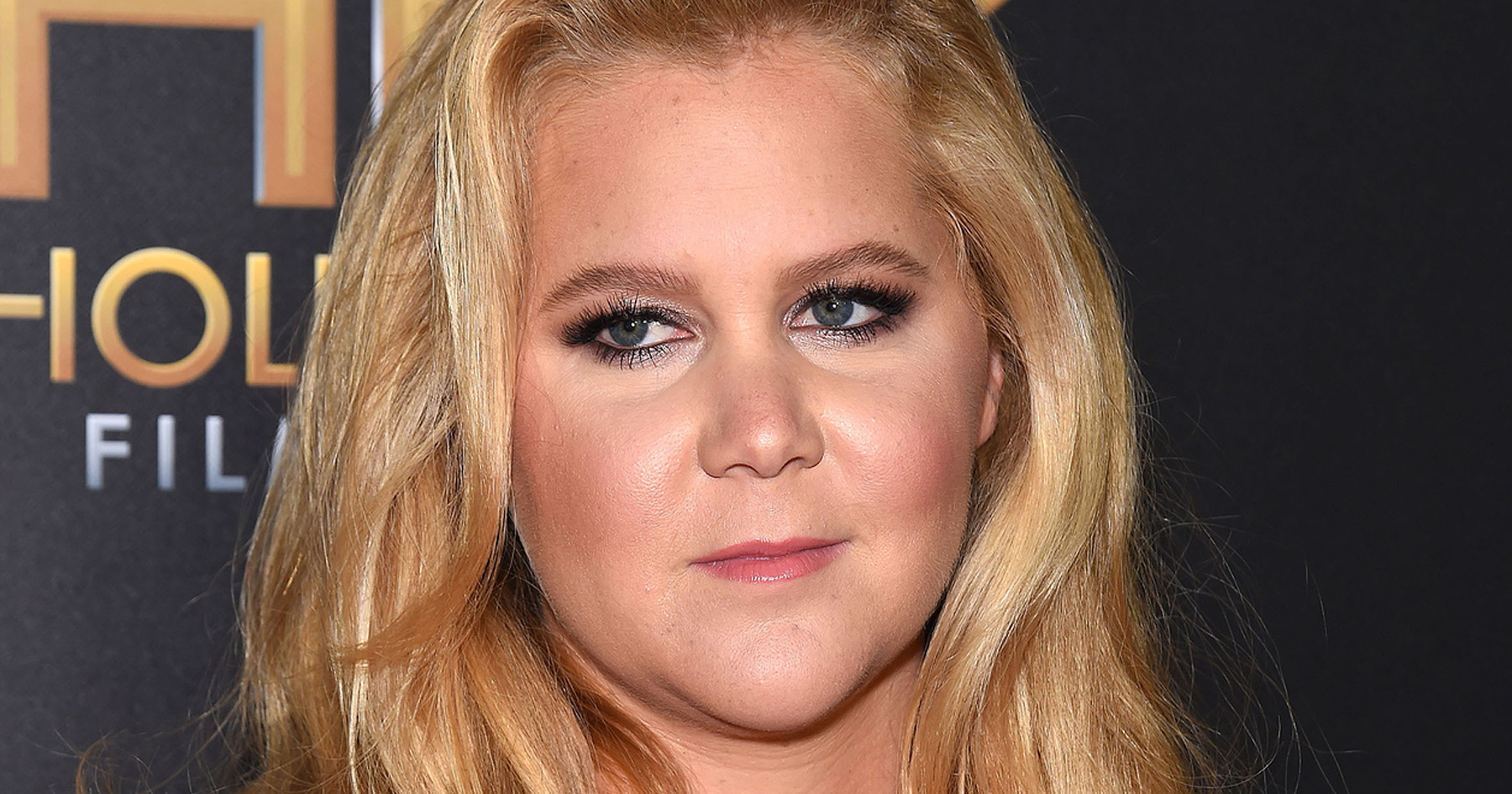Amy Schumer Highlights an Important Point About Photo Consent

By:
A man in Greenville, South Carolina, wouldn't take no for an answer, when he rushed comedian Amy Schumer for a photo this weekend. So Schumer turned the camera on the stranger, posted it on Instagram on Saturday, and took the opportunity to make an important point about photo consent.
Schumer wrote on Instagram:
"This guy in front of his family just ran up next to me scared the shit out of me. Put a camera in my face. I asked him to stop and he said 'no it’s America and we paid for you' this was in front of his daughter. I was saying stop and no. Great message to your kid."
While Schumer recognized that the public is legally allowed to snap photos of her (celebrities are held to a different standard in terms of privacy rights and photo consent), she emphasized that she repeatedly asked the man to stop.
"I will not take picture with people anymore and it’s because of this dude in Greenville," Schumer wrote, to the disappointment of fans.
 BigStock/DFree - bigstockphoto.com
BigStock/DFree - bigstockphoto.com
Traditionally, celebrities have raised attention to the issue of photo consent in response to invasions of privacy by members of the paparazzi. But in the era of smartphones, everyone seems to feel entitled to celebrity selfies, and Schumer highlighted how that mentality has become problematic. She also appeared to take issue with the fact that the man seemd entitled to a photo, because by his logic, as a member of the public he has "paid for" her.
Privacy laws for celebrities vary from state to state.
In 2013, California passed a law that effectively criminalizes taking photos of the children of celebrities, if the unsolicited photography is deemed harassment.
By and large, however, taking photos of celebrities and public figures (as opposed to an "ordinary citizen") is considered fair game — both for the media and the public — because civil law includes specific exemptions from privacy policies when it involves individuals who thought to be of public interest.
Here's how U.S. Legal describes the difference:
"The right to privacy is the right to be let alone, in the absence of some 'reasonable' public interest in a person's activities, like those of celebrities or participants in newsworthy events. Invasion of the right to privacy can be the basis for a lawsuit for damages against the person or entity violating the right."
